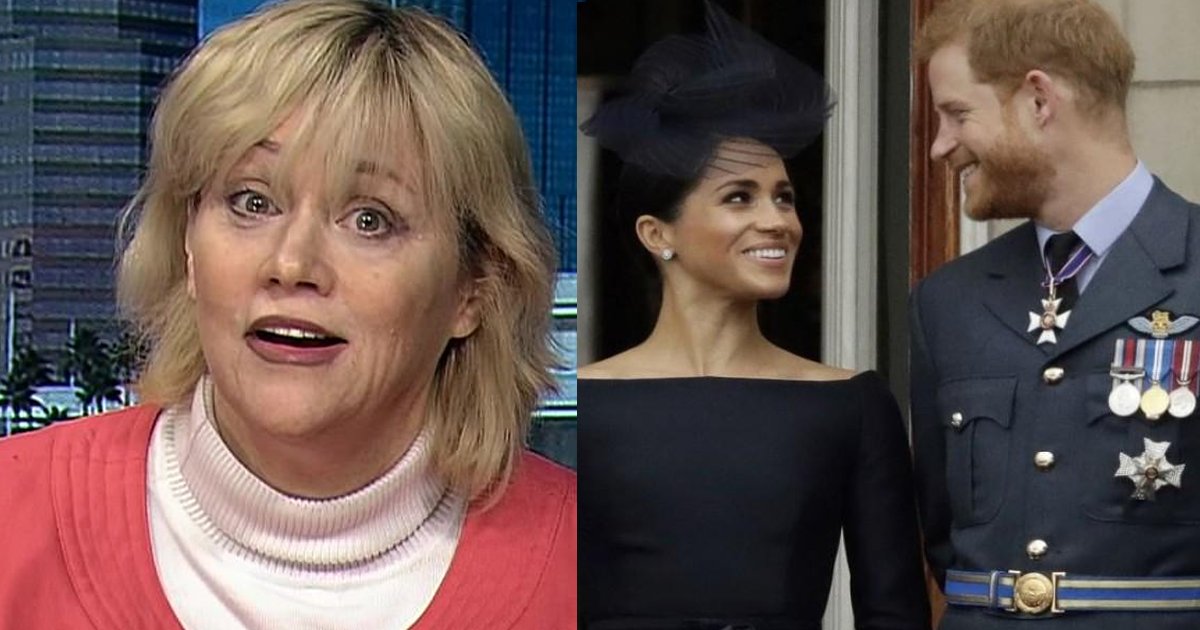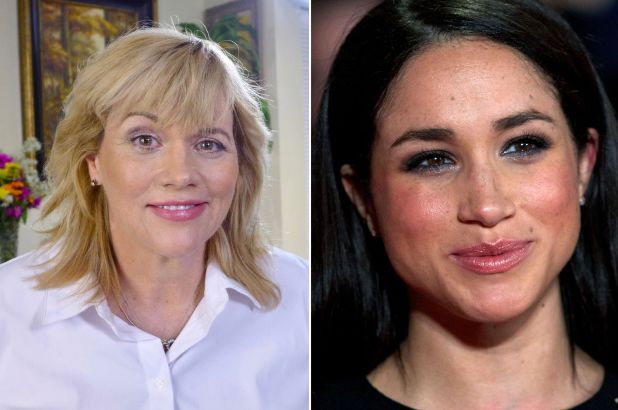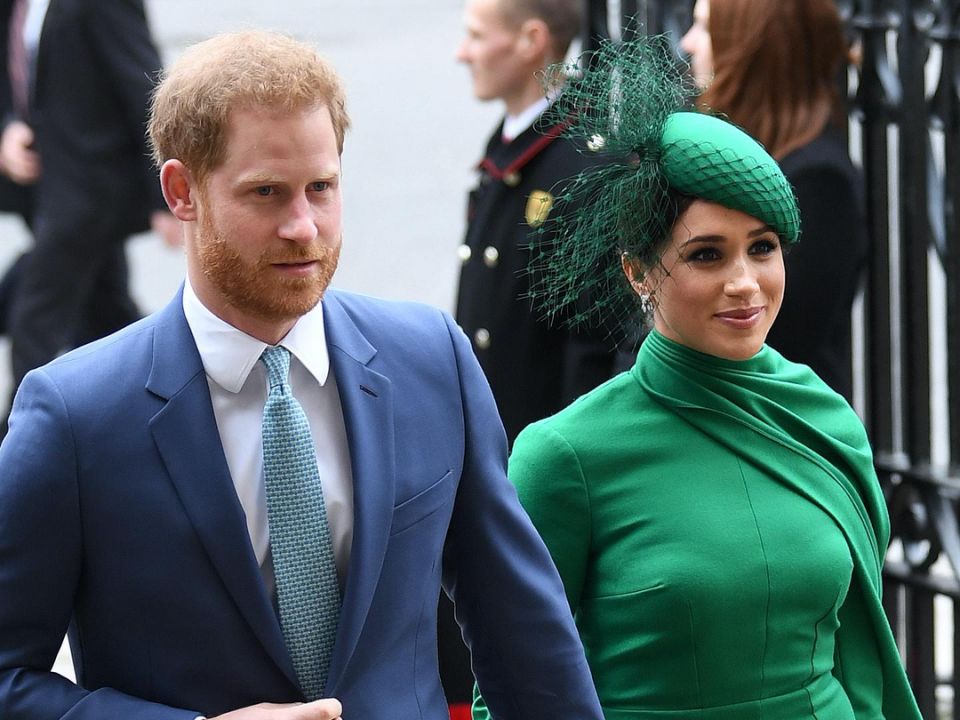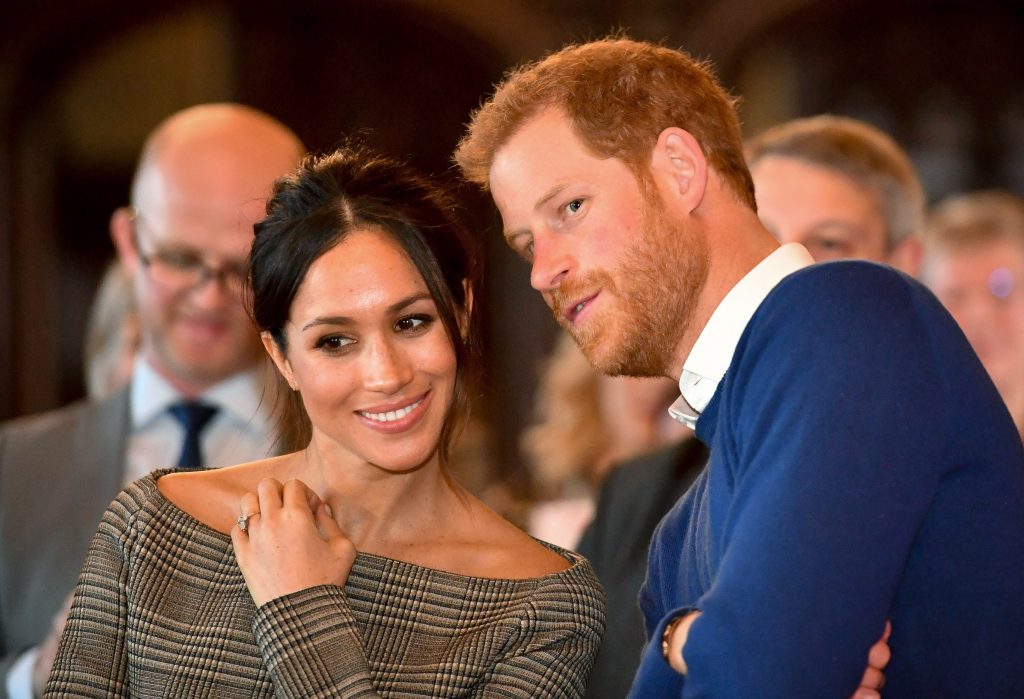Samantha, 56, tells Prince Harry is in ‘no position’ to ‘fight misinformation’ until he ‘gets a grip on what the truth is’ after a series of false claims made by the Sussexes during their latest interview with Oprah Winfrey.
Meghan’s half sister has given evidence to disprove Meghan’s claims about not seeing her for 19 years and how she only changed her surname to Markle after dating Prince Harry.
Harry announced that he was joining as a celebrity commissioner in the Aspen Institute, calling it an “avalanche of misinformation” in the digital world.
Recently, Samantha tells Heather Du Plessis-Allan, New Zealand journalist of Newstalk ZB radio show, that Harry should not be in a position to join a company that deals in misinformation because it is hypocritical of him.
She claims that they wrongly claimed to Oprah about being married three days before the Royal Wedding. It was not kept as a secret, the rumor had already been debunked. The couple revealed, after the rumor had been debunked, that the ceremony with the Archbishop of Canterbury was just a “private exchange of personal vows” since the official certificate of their wedding discredited the rumor.
With Samantha’s attacks on her half sister, Meghan claims that she “hardly knows” her, unable to see her for the last 18-19 years. Yet there is a photograph that surfaced with the two together in 2008, which only dates back to 13 years ago.
The Duchess continues with fake claims, changing her surname back to Markle after dating Harry since she accuses her half-sister trying to capitalize on public interest on her name.
Samantha debunks this accusation, giving evidence to Inside Edition of Markle’s petition to change her name back in December 1997.
Harry has blamed the press for emigrating to Los Angeles alongside his wife and son last year, stating, “As I’ve said, the experience of today’s digital world had us inundated with an avalanche of misinformation, affecting our ability as individuals as well as societies to think clearly and truly understand the world we live in.
”
“It’s my believe that this is a humanitarian issue and as such, it demands a multi-stakeholder response from advocacy voices, members of the media, academic researchers, and both government and civil society leaders. I’m eager to join this new Aspen commission and look forward to working on a solution-oriented approach to the information disorder crisis.”





